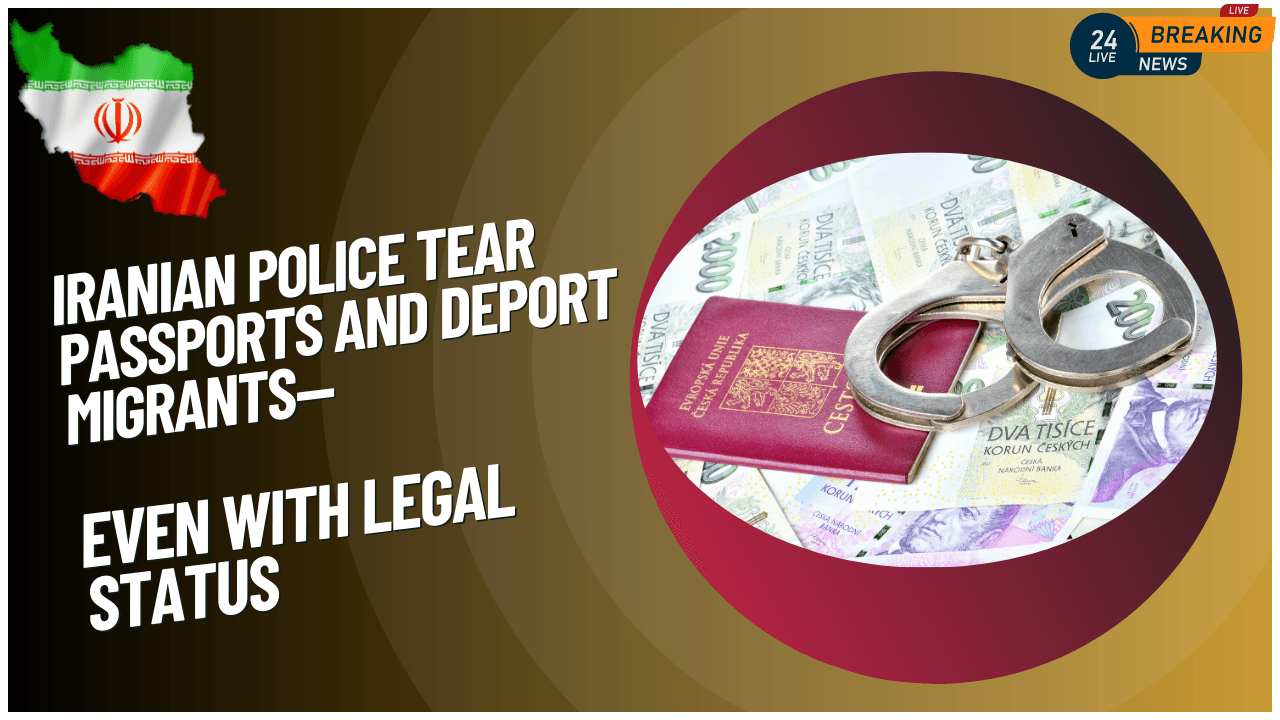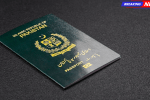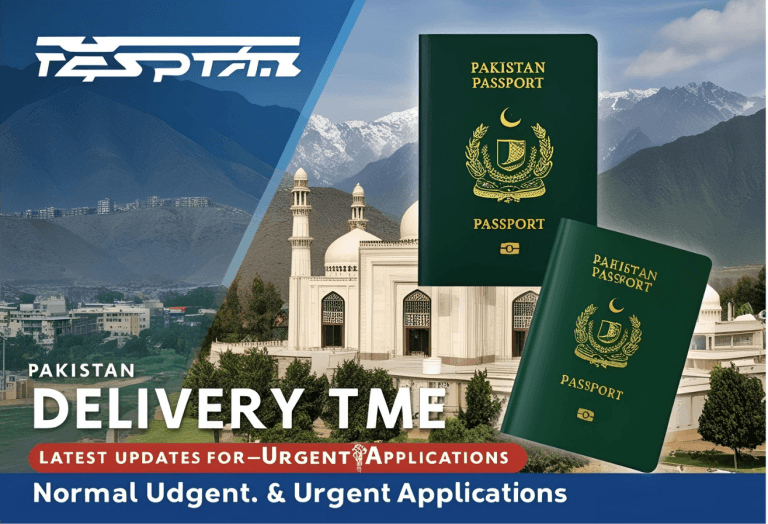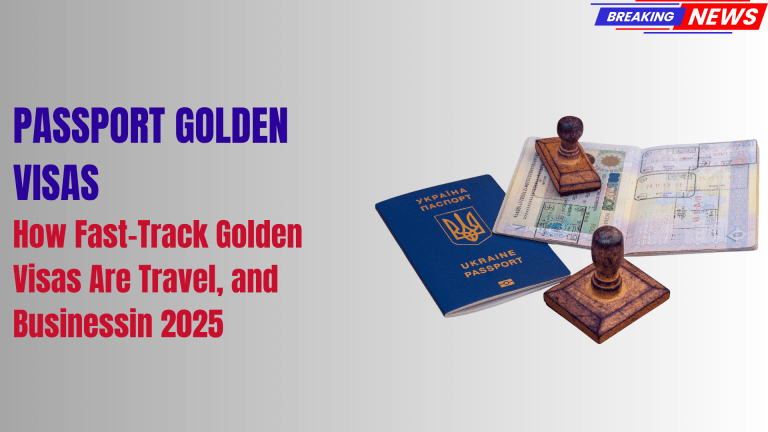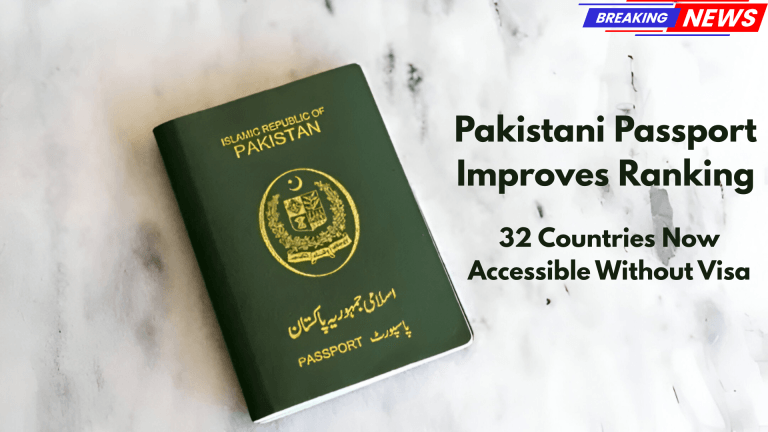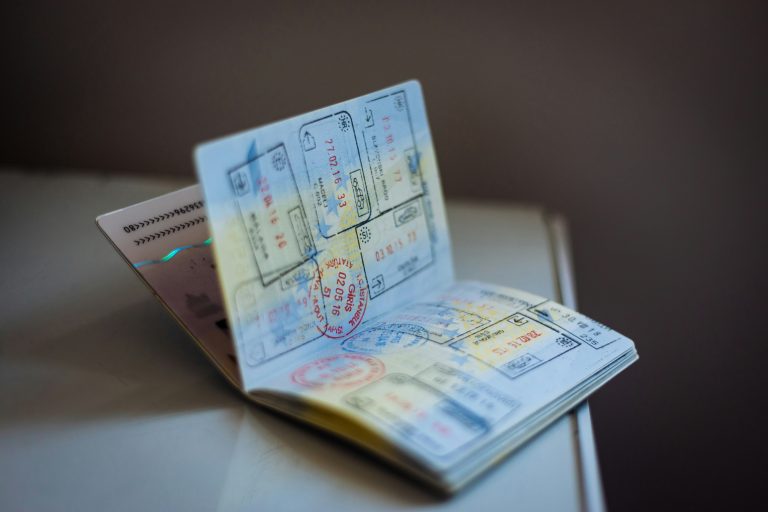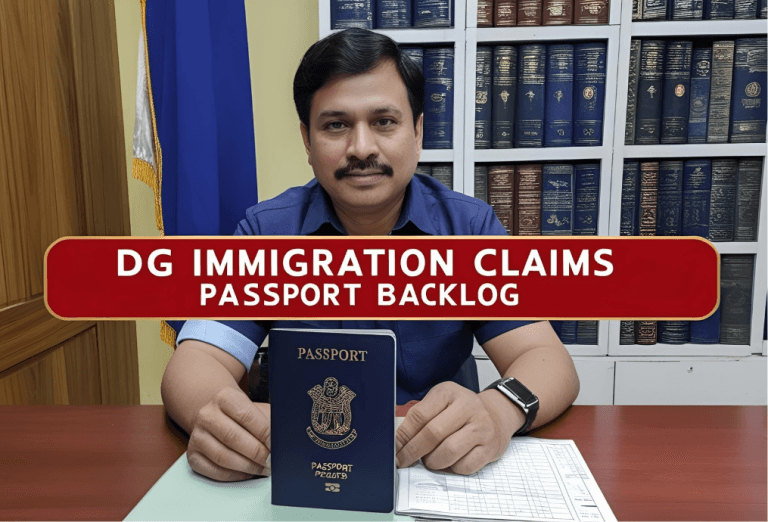Iranian Police Tear Passport and Deport Migrants—Even with Legal Status
Ever wondered what happens to migrants in Iran? It’s not always a happy story. Many migrants, especially from Afghanistan, say Iranian police tear up their passports and deport them—even if they have legal papers. Let’s break down what’s going on, why it happens, and what it means for people trying to live and work in Iran.
Iranian Immigration & Passport Police Monitor
Migrant Rights Protection & Document Status System
UNHCR Iran: +98 21 2205 7001
Human Rights Watch: +1 212 290 4700
IOM Iran: +98 21 8878 3701
Emergency: 112 (Iran Police)
⚠️ Critical Alert: Mass Deportation Campaign Active
Iranian authorities are currently conducting mass deportations of Afghan migrants, including those with legal documentation. Over 1 million Afghans have been deported since January 2025, with reports of police destroying valid passports, visas, and work permits. If you are at risk, seek immediate assistance from UNHCR or human rights organizations.
Document Status & Verification System
Verifying Document Status...
Checking against reported violations and deportation records
Bulk Document Verification System
Verify multiple migrant documents simultaneously and check against violation reports. Perfect for human rights organizations, legal aid groups, and community support networks tracking deportation cases and document destruction incidents.
Bulk Processing Options
⚠️ Report Police Violations & Document Destruction
If Iranian police have destroyed your documents, demanded bribes, or deported you despite legal status, report it here. Your information will be forwarded to human rights organizations and legal aid groups. All reports are confidential and secure.
Violation Reporting System
Migrant Rights Under International Law
Understand your rights as a migrant in Iran under international human rights law. Even undocumented migrants have fundamental rights that cannot be violated, including protection from arbitrary detention, document destruction, and forced return to danger.
Your Fundamental Rights
- Right to life and physical safety
- Protection from torture and cruel treatment
- Right to legal representation
- Protection from arbitrary detention
- Right to contact your embassy/consulate
- Protection of personal documents
- Right to fair hearing before deportation
- Protection from family separation
Violations Being Reported
- Police tearing up valid passports and visas
- Deportation of legal residents
- Extortion and bribe demands
- Physical violence in detention centers
- Confiscation of money and belongings
- Family separation during deportation
- Denial of food and water in camps
- Forced labor and abuse
International Law Violations
- Collective Expulsion: Prohibited under ICCPR Article 13
- Non-refoulement Violation: Return to danger prohibited
- Due Process Denial: No individual review
- Document Destruction: Illegal interference with identity
- Crimes Against Humanity: Systematic deportation campaign
- Torture: Physical abuse in detention
- Discrimination: Targeting based on ethnicity
What You Can Do
- Document all incidents with photos/video
- Keep copies of all legal documents secure
- Contact UNHCR immediately if threatened
- Report violations to human rights groups
- Stay connected with community networks
- Know your embassy contact information
- Keep legal aid numbers accessible
- Share information with trusted sources
Legal Aid & Support Resources
Access legal assistance, human rights organizations, and emergency support services for migrants facing deportation, document destruction, or rights violations in Iran.
UN & International Organizations
UNHCR Iran:
+98 21 2205 7001
[email protected]
IOM Iran:
+98 21 8878 3701
[email protected]
Human Rights Watch:
+1 212 290 4700
[email protected]
Amnesty International:
+44 20 7413 5500
Afghan Government Support
Afghan Embassy Iran:
+98 21 8878 4601
Afghan Foreign Ministry:
+93 20 210 2001
Herat Border Office:
+93 40 222 4001
Islam Qala Border:
Emergency assistance available
Legal Aid Organizations
Center for Human Rights in Iran:
[email protected]
International Federation for Human Rights:
+33 1 43 55 25 18
Lawyers Committee for Human Rights:
Legal representation available
Pro Bono Legal Networks:
Free legal assistance
Emergency Support
Iran Police Emergency:
112 (for immediate danger)
Red Crescent Iran:
+98 21 8899 2001
International Red Cross:
+41 22 734 6001
Médecins Sans Frontières:
Medical emergency assistance
Emergency Numbers & Protocols
1. Demand to call embassy
2. Do not sign documents
3. Remember officer names/badge numbers
1. Take photos if possible
2. Get witness names
3. Report to UNHCR immediately
1. Contact legal aid
2. Assert your rights
3. Document everything
1. Contact Afghan authorities
2. Seek medical attention
3. Report violations
Migrant Support & Crisis Response Center
Access emergency assistance, community support networks, and crisis intervention services for migrants facing persecution, deportation, or human rights violations in Iran.
Iranian Passport Police and Immigration: Who Are They?
Iran’s Immigration & Passport Police Office is part of the country’s law enforcement. They handle passports, visas, and migration matters. If you’re a foreigner in Iran, these are the people you deal with for your legal documents.
Immigration Police Tehran is one of the main offices. They check if foreigners are allowed to stay, work, or leave the country. Their job is to keep things in order, but sometimes, things go wrong.
What Migrants Are Saying: Passports Torn, Deported Anyway
Migrants say Iranian police don’t care about their legal status. Even people with valid visas and passports get arrested, have their documents destroyed, and are forced out of the country.
Arif, a deportee:
“They tear our documents and demand money. They say, ‘You owe us because we let you work here.’ But no one listens to our complaints.”
Safiullah, another migrant:
He had a three-month Iranian visa but was kicked out after only 22 days. His passport was torn up, and he was sent back to Afghanistan. His friends had the same experience.
Khairullah, another migrant:
“We told them we have passports, and they said, ‘Here your passport does not work.’ They tore our passports.”
Why Is This Happening?
Iran has millions of Afghan migrants. Some have legal papers, but many don’t. The government says it’s deporting illegal migrants, but legal ones are also being kicked out.
Politics and rules change fast
Iran’s migration laws are often made by government orders, not by clear, stable laws. This means migrants can never be sure if they’re safe or if the rules will change tomorrow.
Discrimination and fear
Migrants face harsh treatment, discrimination, and even violence. Some shops refuse to sell them food or bread. Police can take their money, phones, and belongings before deporting them.
Migration to Iran: Who Comes and Why?
Most migrants in Iran are from Afghanistan. They come for work, safety, or a better life. Some stay for years, working in construction, farming, or other jobs.
How many migrants are there?
Estimates say between 1.7 million (documented) and up to 10 million (including undocumented) Afghans live in Iran. That’s a lot of people.
Life is hard for migrants
They face tough rules, discrimination, and now, mass deportations. Even those with legal papers are at risk.
Iran Illegal Border: What’s Going On?
Iran’s borders, especially with Afghanistan and Pakistan, are busy. People cross illegally all the time. Border police arrest thousands every year.
Border police are strict
They arrest people trying to sneak in or out. Sometimes, they also catch smugglers and criminals. But innocent migrants get caught up too.
Use of Passports to Travel to Pakistan for Terror Training: Stonewalled by J&K Police
This is a different issue, but let’s clear it up. Some reports say people use fake or real passports to travel from Iran to Pakistan for illegal activities. J&K (Jammu and Kashmir) police in India try to stop this. It’s not directly about Iran’s treatment of migrants, but it shows how passports can be misused [not directly covered in main sources].
What Happens When Migrants Are Deported?
Deportation is scary and unfair for many. Migrants lose their jobs, homes, and sometimes their belongings. They return to Afghanistan with nothing, facing more hardship.
Economic hardship
Back in Afghanistan, jobs are scarce. Health care and social support are limited. Life is tough for returnees.
Human rights violation
Rights groups say Iran is breaking international rules by deporting legal migrants. But Iran says it’s just enforcing its laws.
How Do Migrants Feel?
Migrants feel helpless and scared. They don’t know if they’ll be safe from one day to the next. Even if they follow the rules, they can still be deported.
Personal story:
Last year, I met a family at the border. They had legal papers but were still kicked out. The kids were crying, and the parents looked lost. It’s a story I’ll never forget.
What Can Migrants Do?
Not much, honestly. The system is stacked against them. But here are a few tips:
Quick Facts
FAQs
Can legal migrants be deported from Iran?
Yes, even if you have a valid visa or passport, you can still be arrested and deported.
What happens if my passport is torn?
It’s hard to travel or prove your identity. Always keep a copy of your documents.
How many Afghans are in Iran?
Estimates range from 1.7 million to 10 million, including both legal and undocumented migrants.
What can I do if I’m deported?
Contact your embassy, keep copies of your documents, and try to get help from local organizations.
Are migrants treated fairly in Iran?
Many migrants say they face discrimination, violence, and unfair treatment, even if they have legal papers.
Why is Iran deporting so many migrants?
The government says it’s for security and to control illegal migration, but legal migrants are also affected.
Conclusion
Life for migrants in Iran is tough. Even if you follow the rules, you can still be deported. Police sometimes tear up passports and kick people out, no matter what their legal status is. This is unfair and breaks international rules. If you’re a migrant, stay safe, keep your documents safe, and try to get help if you can.

